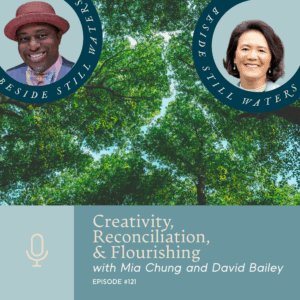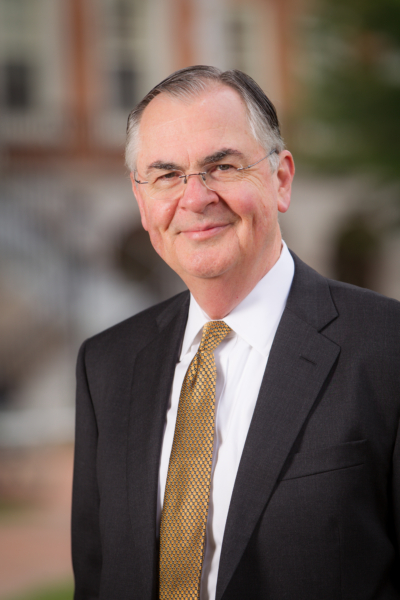Dr. Nathan O. Hatch served as President of Wake Forest University for 16 years and retired in 2021. While leading Wake Forest, U.S. News and World Report named Wake Forest 23rd among 281 national universities – the highest ever ranking for the University.
Dr. Hatch is an active leader in American higher education and in local and community affairs. He has served on the board of the American Council on Education and was Chair of the Division I Board of Directors of the NCAA. He is a past chair of the board of directors of the National Association of Independent Colleges and Universities.
Dr. Hatch grew up in Columbia, S.C., where his father was a Presbyterian minister. A graduate of Wheaton College in Illinois, he received his master’s and doctoral degrees from Washington University in St. Louis and held post-doctoral fellowships at Harvard and Johns Hopkins universities. He joined the faculty at Notre Dame in 1975. He was named provost, the university’s second highest-ranking position, in 1996; a Presbyterian, he was the first Protestant to ever serve in that position at Notre Dame.
He is regularly cited as one of the most influential scholars in the study of the history of religion in America. He received national acclaim for his 1989 book, The Democratization of American Christianity, in which he examines how the rise of religious groups in the early 19th century helped shape American culture and foster democracy. The book was chosen in a survey of 2,000 historians and sociologists as one of the two most important books in the study of American religion.


